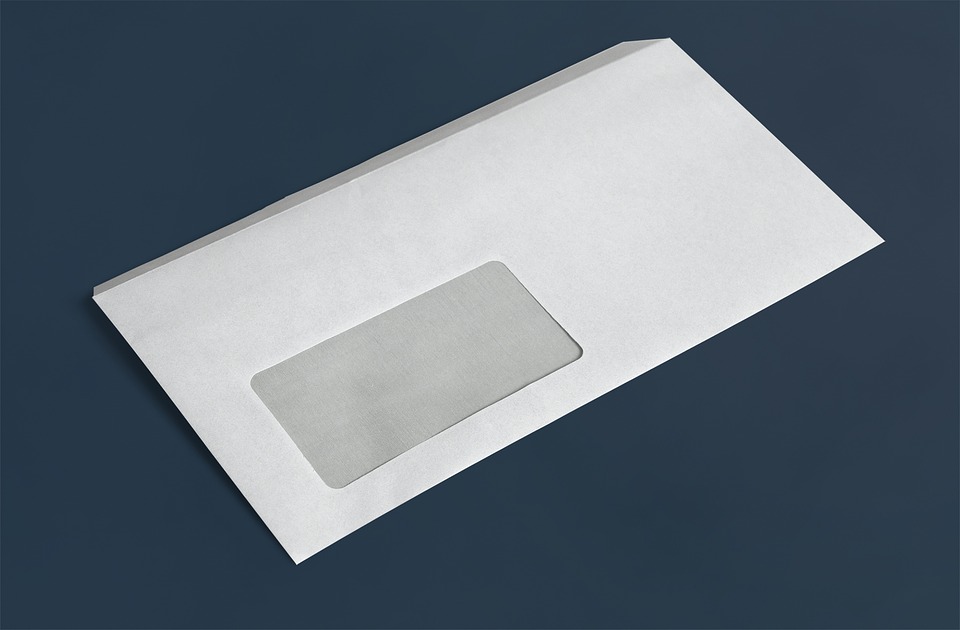Adam Fotiou, property management expert at Brady Solicitors, shares a reminder of best practice regarding the service of demands following the Upper Tribunal’s decision in a recent case.
In CHG Residents Company Limited v Hyslop, the leaseholder was withholding service charges on the basis that none of the demands were received.
The leaseholder asked the freeholder’s managing agent for evidence of delivering the demands. In response, the agent provided a photograph taken of the documents that were to be delivered (including the demands) and of their delivery to the front door mail slot of the building and then subsequently under the internal front door of the flat.
However, the agent could not be certain of what precisely was delivered on the latter occasion and if they were the same as those previously delivered to the front door mail slot of the building.
The First-tier Tribunal seemingly attached weight to that uncertainty and decided that the demands were not payable as the freeholder could not prove ‘with any certainty’ that the leaseholder had received the demands from its agents.
The freeholder successfully appealed to the Upper Tribunal on the basis that the FTT had applied the wrong test and the wrong standard of proof; the correct test was not whether the demands had been received, but whether the demands had been delivered in accordance with requirements of the lease regarding the service of notices.
The FTT also appeared to be applying a higher standard of proof for receipt of the demands beyond the balance of probabilities, which is traditionally applied by Tribunals when approaching evidence.
As a reminder, the lease will dictate the requirements for service of notices, including demands, and rather than expressly set out the manner of service will instead commonly refer to Section 196 of the Law of Property Act 1925.
The effect of sub-sections 196(3) to (5), together with the Upper Tribunal’s interpretation of both that statute and Section 7 of the Interpretation Act 1978 in Southwark v Akhtar [2017] UKUT 150 (LC), has been to find a presumption of service in favour of ‘delivery’ rather than ‘receipt’ (where Section 196 is stated in the lease) if a freeholder can demonstrate that a demand was:
- Properly addressed;
- Pre-paid; and
- Posted.
The leaseholder or recipient will then have the burden of proving otherwise and the bare denial that a demand was not received will not be enough to rebut that presumption.
So instead of ascertaining if the demand had been received by the leaseholder, the FTT in CHG Residents Company Limited v Hyslop should have been considering if it was delivered.
The Upper Tribunal overturned the FTT’s decision and decided that, on the balance of probabilities, the service charge demands had been delivered in accordance with both the lease and the 1925 Act and were therefore payable by the leaseholder.
At Brady Solicitors we are frequently asked to recover service charge arrears where a leaseholder says they have not received the demand. Generally however, and as shown above, the obligation in the lease will be to ensure that demands are left for the leaseholder at their address – proof of receipt is not required.




